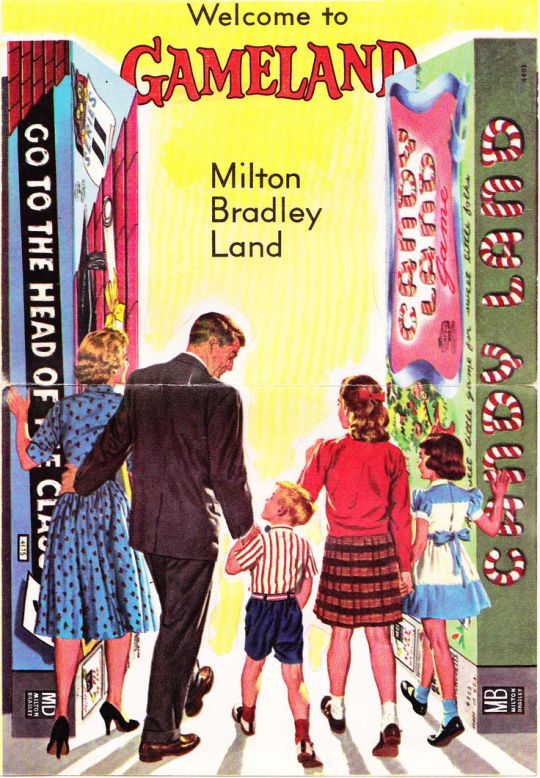Being the most excellent and accurate account of Game Night, held monthly at an undisclosed location in a major midwestern railroad hub.
Tuesday, January 27, 2015
Monday, January 26, 2015
A study on science fiction would be worthwhile.
"A study on science fiction would be worthwhile. This widespread fad may owe its tremendous popularity to its ingenious solution to the conflict between irrationality and common sense. The science fiction reader need no longer feel ashamed of being a superstitious and gullible person. The fantasies of his own making, no matter how irrational they are, and how much projective content of either individual or collective nature may be implied, appear no longer as irreconcilable to reality. Thus, the term ‘another world’ which once had a metaphysical meaning, is here brought down to the level of astronomy and obtains an empirical ring. Ghosts and horrible threats often reviving repulsive freakish entities of olden times, are treated as natural and scientific objects coming out of space from another star and preferably from another galaxy although to the best of today’s biological knowledge, the ‘law of convergence’ would probably lead even on distant stars to developments much more similar to those on earth than it appears in the secularizations of demonology enjoyed by the science fiction reader. Man’s own reification and mechanization is projected back upon reality in the very widespread robot literature. Incidentally, science fiction consummates a long tradition of American literature dealing with the irrational while at the same time denying its irrationality. Edgar Allen Poe is in various respects the inventor of science fiction, no less than of the detective story."
Adorno, 34th footnote of “The Stars Down to Earth: The LA Times Astrology Column.”
Sunday, January 25, 2015
Friday, January 23, 2015
Middle Class Economics 101
 |
| Ernest Hemingway with Republican troops, Spanish Civil War |
One night last week Cody Keenan, the chief White
House speechwriter President Obama has christened “Hemingway” knew he needed
help…”He’s a brilliant writer,” Obama said. “He’s relentless. His girlfriend
and I are glad he finally got rid of the Hemingway beard.”
The State of the Union is a story. For the audience
in the chamber and political operatives watching it on TV it is the text and
context which matter. Those with the President will cheer and elaborate as
their roles demand. The opposition will provide information about their own
role in real time as they glower in silence where they perceive those texts
which constitute pieces of their own partisan identity and applaud either
enthusiastically or with deliberate moderation where the overarching interests
of empire and capital shine alike over both parties.
But beyond the professional audience there is a mass
audience, even if a shrinking one, and, beyond that, a secondary one to be
reached directly or indirectly during the next two years of electoral politics.
For that audience, even though the elements of the text may or may not be of
particular interest, a story is wanted. This year, unusually, a central
protagonist has been introduced; letter writer Rebekah Erler of Minneapolis.
Ms. Erler, with her own narrative, has provided our
Hemingway with a character that has already been tested on the hustings and
judged suitable to tie together the story. The character does not require the
level of development of a Victorian novel and certainly not that of modern or
post-modern fiction. The State of the Union is an 18th century form and its
characters will always prove to be allegorical, even while sitting in the
audience. In Ms. Erler’s case we do not have to wait long to be told that she
represents the Struggling Middle Class, protagonist of what we will call
“middle class economics”.
Now the ideological sprites of the GOP will know
what to make of this even before the words have left the President’s mouth. What
he is advocating is the political program of the working class, socialism.
Democrats will pooh-pooh such nonsense indignantly. He is not calling for the
abolition of private property and, certainly, not for the withering away of the
state. This is no more than the continuation of the grand arc of reform passing
from Teddy Roosevelt through FDR etc., etc. Both parties will be correct here.
This is the holy mystery of the two-party system. But both will miss the point.
More than six years into the economic crisis which
placed him in the White House Obama is free to declare it over but he and his
party know they cannot face their working class base without, in some fashion,
declaring fealty to the political program which is inseparable from that class. They also know that their rising numbers hide many stories far less uplifting. A State of the Union which proclaimed further erosion of wages and social
benefits, continuing transfer of the public treasury into private balance
sheets, and increasing levels of violence at home and abroad would be a more
realistic story and may well have gathered more applause from the Republican
side of the aisle but it would be the end of the Democratic Party.
Wednesday, January 21, 2015
Tuesday, January 6, 2015
Real?
"The unreality of games gives notice that reality is not yet real."
Adorno, Minima Moralia III.146: “Toy shop.”
Friday, January 2, 2015
Subscribe to:
Comments (Atom)

